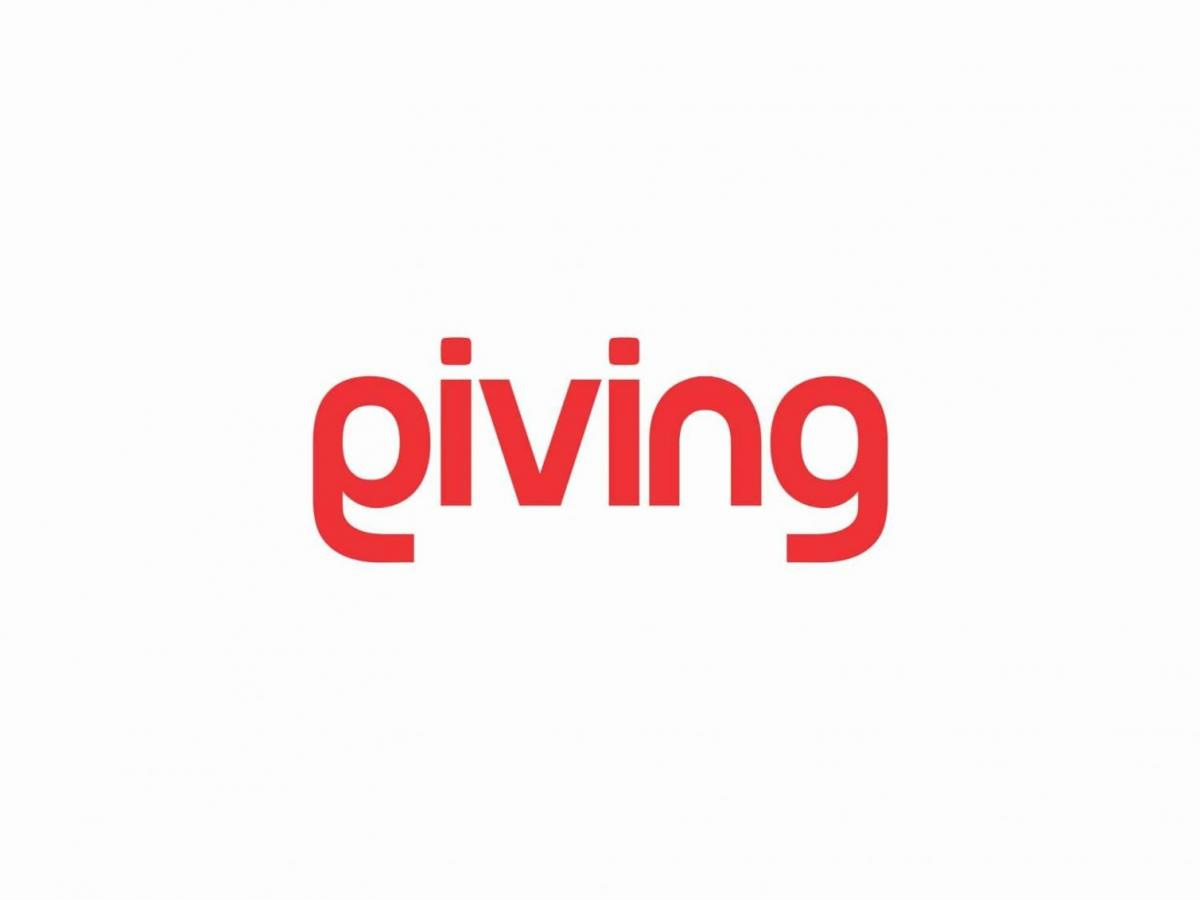UNITY BANK IN MONUMENTAL CRISIS OVER N953.2BN BAD LOANS

Following unprecedented dwindling global oil prices that have led to serious macro-economic challenges, Unity Bank Plc is in loan book deterioration with another top financial house over N953.2 billion bad loans. For 2015, both struggling banks had reported N594.5 billion bad loans in 2015 to underline serious weakness in assets quality and Net impairment charge on credit losses.
The breakdown revealed that Unity Bank bad loans moved from N241 billion in 2015 to N369 billion in 2016. However, Unity Bank Non-Performing Loan (NPL) ratio hit 97 per cent in 2016 from 77 per cent in 2015, the greatest height ever in the banking industry and significantly above five per cent threshold of Central Bank of Nigeria (CBN). Thus, Unity Bank said it has taken a strategic step to reduce the high NPL ratio through the NPL Resolution initiatives that have been embarked upon. Those steps include, “commenced the process of NPLs Sale initiative with initial application to the Central Bank of Nigeria, following which regulatory consent was received in March 2016. The Bank is currently at an advanced stage in the resolution of the NPLs challenges that are endemic in its credit portfolio. The bank explained that the exercise has achieved, “Proper due process of financial due diligence through a reputable international audit firm and legal due diligence by a renowned legal firm in accordance with the directive of the Loan purchaser. “Execution of Transaction Implementation Agreement (TIA) and Sale and Purchase Agreement (SPA) in December 2016. “As at February 2017, a “good faith” payment by the loan purchaser has been received representing a percentage of the initial consideration to the Bank in respect of the transaction and execution of Completion Timetable for the final Loan Rights Transfer from the Bank to the purchaser with closure date in the second quarter of 2017.” The Bank maintained an actively managed capital base to cover risks inherent in the business and meet the capital adequacy requirements of the local banking supervisor. According to the bank, “The adequacy of the Bank’s capital is monitored using among other measures, the rules and ratios established by the Basel Committee on Banking Supervision (BIS rules/ratios) and adopted by the CBN in supervising the bank. During the past year, the Bank had complied in full with all its externally imposed capital requirements. “The Bank had serious discussions with several private equity interests with the view to injecting substantial capital into the system. Due diligence has largely been concluded by all parties and the Bank has received several Binding offers that are currently being reviewed and considered. It is expected that this exercise will be concluded by the second quarter of 2017. “NPL’s sales proceed with initial consideration payment of N6.43billion and cash flow waterfall of circa N60billion over the 5-year period. The cash flow will impact on capital positively over the period which will benefit the entire shareholders of Unity Bank (both existing and potential investors). In 2016, the bank’s loans and advances moved to N378.8 billion from N311.9 billion in 2015, while impairment on loans gained 92.7 per cent to N211.8 billion in 2016 from N109.9 billion in 2015. However, Unity Bank Plc was in 2016 sanctioned by CBN on three different contraventions that worst N20 million compared with N6.99 million in 2015. The lender was sanctioned N75,000 for late rendition of FINA & EFASS returns to CBN in 2016, while N18 million penalty was imposed on the bank for contravening various AML/CFT requirements. In addition, CBN penalized Unity Bank for non-disclosure of excess funds and utilization. The bank’s Non-Performing Loans hit N369 billion in 2016 from N241 billion in 2015 while Non-Performing Loans ratio moved from 77 per cent in 2015 to 97 per cent in 2016. Unity Bank was initially granted forbearance by the CBN for compliance with the cash reserve ratio when it was set at 33 per cent. Upon the request of Unity Bank, the CBN extended the forbearance period to December 3, 2016 after the lapse of the period of the forbearance granted previously. The bank explained that “the current revised cash reserve ratio is set at 22.5per cent. During the year, CBN deducted N500million weekly to cover the Cash Reserve Ratio the Bank is expected to maintain.” In line with CBN prudential guideline and directive, the Bank charged additional provisions of N160billion against the retained earnings in 2016 financial year and transferred it to Non-Distributable Regulatory Reserves. “This brings the balance in the Non-Distributable Regulatory Reserve to N263billion being the excess of prudential provisioning over International Financial Reporting Standard (IFRS) impairment,” the struggling bank explained.








Leave a Reply